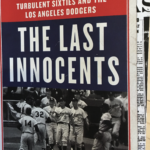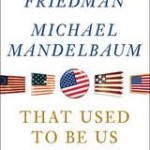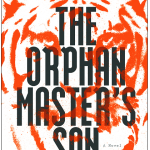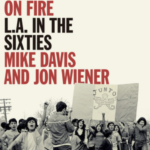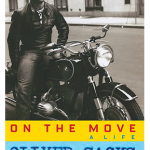And then All Hell Broke Loose by Richard Engel
And Then All Hell Broke Loose: Two Decades in the Middle East by Richard Engel
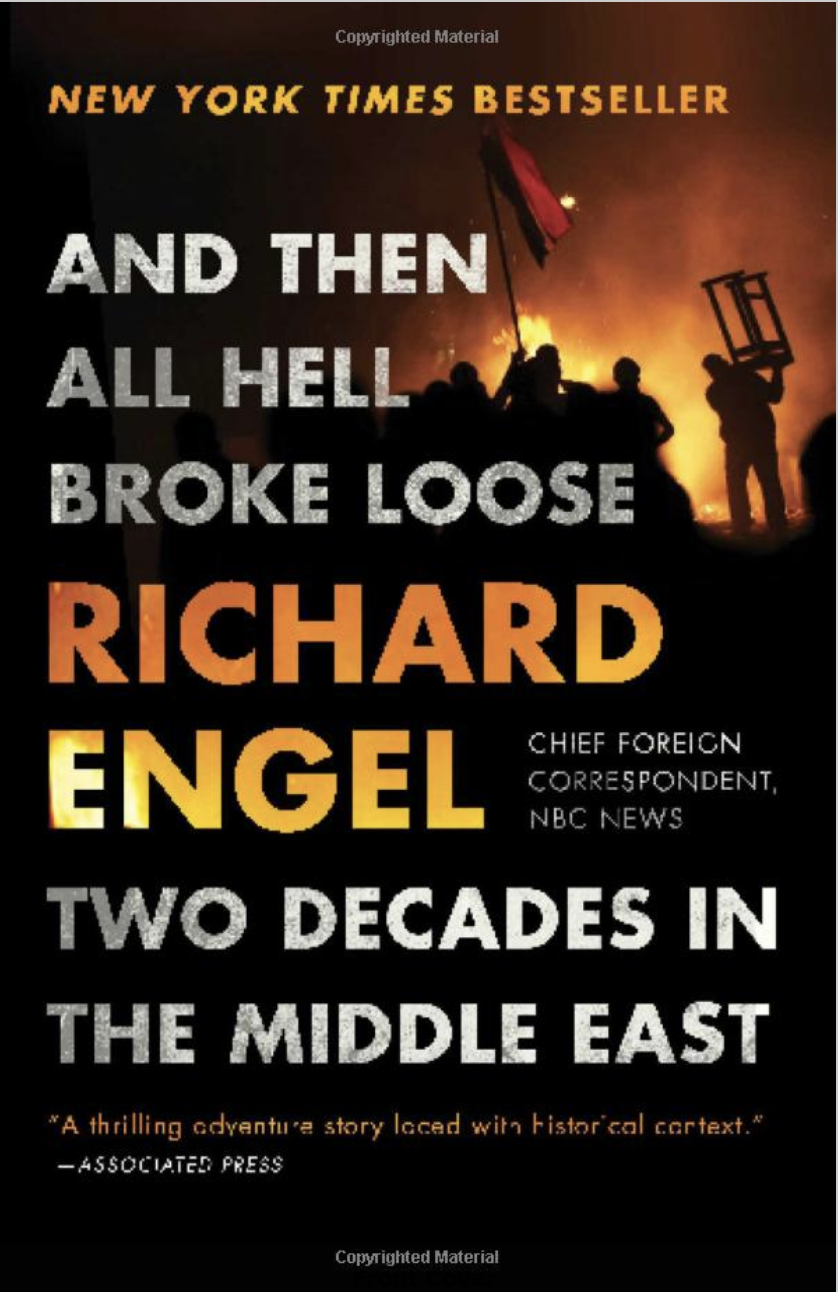 I have always enjoyed Richard Engel’s television reports from the Middle East. He comes across as a brave, dedicated, knowledgeable reporter. More recently, I have seen him on NBC with a helmet and flak jacket reporting riots and in the middle of dangerous situations. Therefore, it was quite interesting to read about his determination as a young man to be a reporter and why he chose to specialize in the Middle East. He certainly was ambitious, but he was willing to put in hard work and to climb a ladder going from a freelancer to NBC’s go-to person in the Mid East. His adventures included a situation where he was captured and held prisoner. The book had the makings of a interesting movie or documentary.
I have always enjoyed Richard Engel’s television reports from the Middle East. He comes across as a brave, dedicated, knowledgeable reporter. More recently, I have seen him on NBC with a helmet and flak jacket reporting riots and in the middle of dangerous situations. Therefore, it was quite interesting to read about his determination as a young man to be a reporter and why he chose to specialize in the Middle East. He certainly was ambitious, but he was willing to put in hard work and to climb a ladder going from a freelancer to NBC’s go-to person in the Mid East. His adventures included a situation where he was captured and held prisoner. The book had the makings of a interesting movie or documentary.
The history of this area of the world has always seemed quite complicated to me. As part of this book, Engel makes an effort to trace the history of this part of the world back to ancient times. He makes a professional attempt to describe the history dating back to Mohammed and even earlier. He explains the differences between various groups and sects, such as Shiites and Sunnis and goes into great detail about the various leaders (mostly not elected) who were strong in the various countries and describes how they have impacted the history of this region. He tells how each one came to power as well as why they were able to stay in power or were toppled by opponents, sometimes with or without the help of the United States or other outside countries. I wish I could say that I am greatly enlightened by these descriptions and that I now have a coherent understanding of the history and the various power of factions in the Mid East but unfortunately, that would not be true. While Engel is clearly a knowledgeable scholar of the history and of the intricacies, they still blend together in my mind although I have not given up on trying to master an understanding of them.
While I am sure Engel would disagree, I did feel that he was somewhat unsympathetic to Israel. He noted at one point when he and his young first wife lived in Jerusalem, most of the Americans that he met there “were deeply involved in their temple groups.” He went on to say that he was “never able to break into their close-knit communities.” Also, in describing the Israeli ministers at all level, he noted, “I never saw such a well-oiled public relations machine.” When describing life under the Oslo Agreement, for the Palestinians living in the West Bank, he emphasized how blatantly unfair it was to the Palestinians, “it was a strange system which Palestinians had different rights depending where they lived.” He made the statement that “Many Israelis then and now, scarcely saw the Palestinians as human.” During the confrontation between Israeli soldiers and Palestinians throwing rocks at them, he noted that the Israelis shot rubber bullets, which he then added, “could cause fatal hematomas” as if the rocks thrown at the soldiers were not dangerous. Furthermore, in his description of the Israeli-Lebanon conflict, I thought he was negative towards Israel. I have never doubted Engel’s attempts at being an objective reporter, but as noted, I did think he was unfairly unsympathetic to Israel.
Despite my feelings about his one-sided view of Israel and my own difficulty in grasping a substantial piece of the history lessons he tried to give, I found this book a very a interesting and worthwhile read from a familiar television reporter for whom I have great admiration.
Please leave any comments below
To purchase a copy of this book on Amazon, please click here
Category: AM - Autobiography or Memoir, HI - History, P - Political | Tags: And Then All Hell Broke Loose, Israel, Jerusalem, Mid-East, Mohammed, NBC, Palestinians, prisoner, Richard Engel, Shiites, Sunnais, TV reporter, war Comment »



